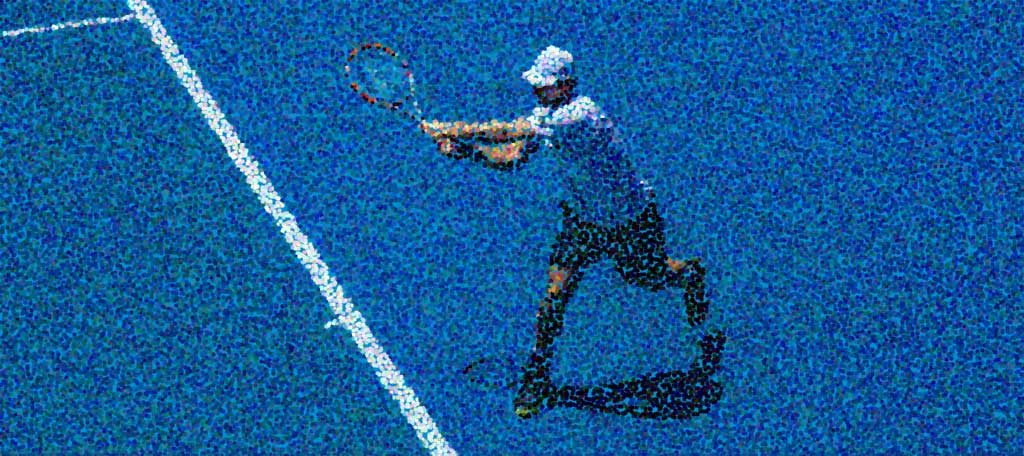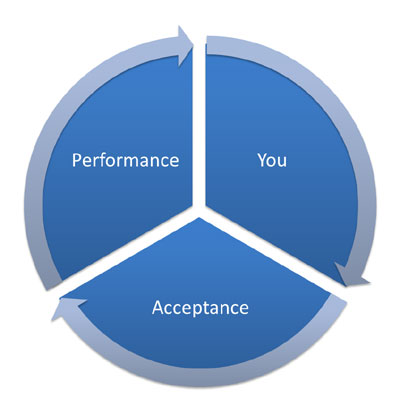
In order to achieve success it is important to take stock of where you are right now, and then move forward with self-compassion and understanding.
Without these latter aspects, you can hold yourself back from performing to the best of your ability.
The YAP Method encompasses this approach by bringing important concepts from the world of mindfulness and martial arts.
Over the last 35+ years, I have been training in a variety of martial arts and competitive sports. This training has taught me about focus, resilience, determination, pushing beyond physical boundaries, discipline and training beyond the desire to quit and resisting pain. In short, this is about mental toughness.
Nowadays, I have a more gentle approach via tai chi and chi kung but I still personally train hard in other activities. And this training still involves pushing through muscle and mental tiredness – training when I don’t feel like I need or want it, and focusing on it even when I want to do something more “fun”.
So, what does the YAP Method involve?
I have distilled all this training into three key areas that need to be worked on in order to achieve your goals: You, Acceptance, Performance.

You
Mindfulness and tai chi: noticing, observing
What’s going on in your life?
How do you feel?
What do you want?
Where do you want to be?
Who is important to you?
Why do you want what you want?
When do you want to achieve your goal(s)?
What did you do to get where you are now?
What could you do differently?
What have you learnt so far?
Acceptance
Mindfulness concept: acceptance
Accept:
- how you feel
- what’s going on
- how you react
- what’s happened
- how people are
- what you want to achieve
- how people feel about what you want to achieve
It is often much harder than it would initial seem to accept everything that has gone on and how you are. It has been scientifically proven that the regular practice of mindfulness enables you to become more compassionate to you and others, and learn to apply acceptance to your life.
After all, whatever we practice thinking, we get better at – if we practice judging ourselves, we will become better at judging ourselves.
And if we practice learning to go with whatever is happening both externally and internally, we become better at doing this.
The easiest way to develop your mindfulness practice is via the BLOOM Framework.
Remember that it is hard to focus on moving forward when we have a lot of interior negative chatter. Acceptance reduces this chatter. And when we experience this negative chatter, mindfulness helps us to notice this chatter and then respond to it (by choosing to focus on something else).
Performance
Once you are beginning to accept how things are, it is time to take the right steps to move forward confidently and with little interior negative talk to where you want to be.
Tai Chi concept 1: The mind (attention/focus) leads the energy. You must decide what you want to do and focus your attention on that in order for your energies to be directed towards your goals.
Tai Chi concept 2: The body moves as one. All your effort should be focused on moving towards the goal.
Tai Chi concept 3: Push the limits of your ability to the point of resistance and step back to sit with the result for a while, observing the outcome, learning from the outcome, pushing the limits over time as you develop (stretch muscles and ligaments then relax concept from the Yi Jin Jing). In management speak, this is about pushing past your comfort zone into the learning zone but staying out of the danger zone.
performance =
purpose + planning + persistence
You can only perform if you first decide what you want to achieve, then plan the action to take and finally keep trying until you achieve each step or you determine that you need to change something.
In order to determine what action you will actually take, I find the best way is to spend a few moments using the BLOOM Framework to quieten the mind. Then reflect on the problem or what you want to achieve. One or more solutions will come, and you can evaluate and explore each of them. The solutions may not come instantly and it may take a number of sittings (days!) before you are inspired. This is about trusting your experiences and knowledge, and letting the brain relax so that it can retrieve ideas.
What would you like to achieve?
What is possible?
What bigger vision do you have?
Where can you see yourself being in 5 years’ time?
What goal would make you feel uncomfortable?
The cyclical approach
It is important to remember that such approaches to life are cyclical.
This means that you don’t just do it once but you return to the start to evaluate your new position, then accept and then decide how you want to move forward, each round, moving towards your long term goals.

Essentially, you are on a continual feedback loop as you grow.
So try this cyclical approach for a more compassionate method of achieving success in a modern, challenging, ever changing world.
Example 1
How can we apply the YAP Method to COVID-19 lockdown?
At the time of writing this article, we’re about 5 weeks into lockdown in the UK.
We are allowed out once a day to exercise and allowed to do essential shopping. We must not meet in groups and should follow 2m social distancing.
On the face of it, it’s very restrictive and if you’re indoors all day apart from a 1 hour walk, it can feel very frustrating. A lot of people are either working from home so not seeing anyone face to face especially if they live alone or on 80% salary and sitting at home with their thoughts.
You – so here we are
we know the rules
we understand the possibilities if we break the rules (fines, getting ill, making old and vulnerable people ill)
we know what we can and can’t do everyday
Acceptance – we accept the rules
we accept the options that we have
we accept that we could become ill if we catch it
we accept what we can do at home to entertain ourselves or for work
we accept that we can’t do certain things
By now, you’re probably thinking, “Well, this is easier said than done.” That’s the whole point. This is why you need to practice mindfulness daily (and mindfulness isn’t just about focusing on the breath or admiring a pretty flower). Acceptance takes practice.
Performance – you can decide what you are going to do to take advantage of this situation we find ourselves in
What would you like to learn or what skill would you like to develop?
Try different things. Experiment. Accept failure. Keep pushing. Keep learning. This takes effort. Accept that it isn’t easy to learn a new skill, whether that is painting, playing a musical instrument, building a six pack or learning to code.
Example 2
Coming soon.
